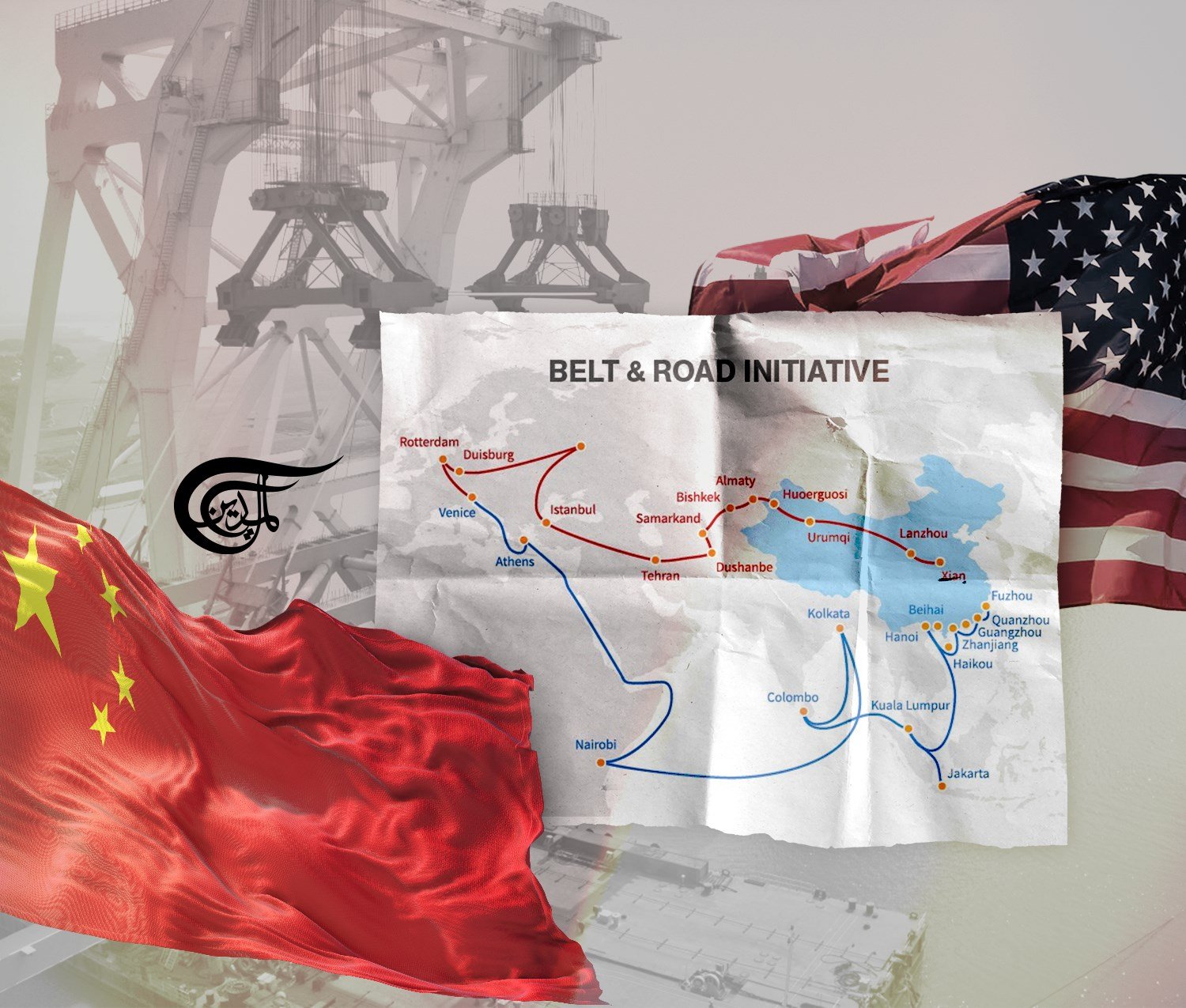BRI; a catalyst for sustainable financing in the developing world
BRI continues to play a vital role in the advancement of high-quality infrastructure and connectivity solutions for emerging economies, evidenced by cooperation and partnerships across the globe.
From alleviating food insecurity to advancing infrastructure connectivity imperatives in the developing world, the West has failed to deliver priorities that break valuable ground. A select grouping of wealthy democracies, led by the US, have fought tooth and nail to rival the success of China and particularly its sprawling Belt and Road Initiative (BRI). But a tendency to rival anything that isn’t owned or led by the West has contributed to the decline of their controversial offerings: from the European Union’s “Global Gateway” initiative to Washington’s controversy-ridden “Build Back Better World” (B3W).
Enter China’s Belt and Road Initiative (BRI) today. This mega connectivity drive is untethered to political overtones or some ‘grand strategy’ that aims to react to already failing Western alternatives. Such a narrative, peddled by a divisive Group of Seven (G7) economies, ignores the BRI’s value as a trendsetter for the developing world, particularly in the realm of infrastructure capacity-building when needed the most.
To that end, BRI continues to play a vital role in the advancement of high-quality infrastructure and connectivity solutions for emerging economies, evidenced by cooperation documents with over 140 countries and partnerships with scores of international organizations. One of the present hallmarks of the Belt and Road’s success is its ability to support partner nations in weathering financial bottlenecks and strengthening their case for debt sustainability.
Specific findings from a recently published report by AidData, World Bank, Harvard Kennedy School, and Kiel Institute for the World Economy researchers underline BRI’s championship of debt management successes for years in retrospect. The initiative remains integral to helping developing countries navigate their undue external risks and succeeds in aiding their aspirations for prosperity.
Between 2000 and the end of 2021, China led an astounding 128 emergency financing operations totaling $240 billion to the benefit of developing countries. Several of these timelines overlapped with the BRI’s growth, traction, and development progression overseas. As a result, the initiative’s focus on flexible financing makes it critical to realizing a truly “stable and sustainable financial safeguard system” that helps partner economies manage their external risks.
Similarly, BRI-led emergency assistance also accelerated in periods when many developing nations faced acute growth and financial stability headwinds, underlining significance. The BRI’s strength lies in helping nations put their development priorities first, setting a positive example for other world powers and financial institutions to work toward debt sustainability for nations in wait. It is a joint endeavor and common responsibility of all global powers to ensure that development opportunities are evenly distributed for all, particularly modest economies with excess financial exposure.
Interestingly, the BRI’s track record of supporting sustainable financing for countries in need is a rejection of the US-influenced notion of a so-called “debt trap". In Africa alone, massive stretches of railways, roads, bridges, and ports have been facilitated through the BRI, allowing valuable outbound investment to be consistent with each country’s specific development outlook. When stretched over many years, this pattern of win-win development financing is a submission that infrastructure and connectivity offerings are a public good meant for all countries, regardless of external pressures and distinct development stages.
This year marks the 10th anniversary of the launch of the Belt and Road. Its alignment with the 2030 Sustainable Development Agenda makes it an important fixture in shared progress. The BRI continues to add new signatories to its list while clocking major investment leaps in high-growth sectors despite a global economic crisis making rounds. All this points to the value of BRI-led sustainable financing for modest economies and its impact on strengthening enduring relationships.
The AidData report brings essential findings to the fore, such as a 55% increase in China’s specialized assistance to financially stressed countries from 2010 to 2022. Such sensitivity to the development financing needs of BRI states carries all the echoes of creating “opportunities for common prosperity,” as emphasized by President Xi Jinping at the Second Belt and Road Forum for International Cooperation in 2019.
Given how Beijing continues to build on its guiding principles to finance the BRI’s extensive development, it is imperative for multilateral financial institutions and commercial creditors to heed lessons and deliver on fair burden-sharing themselves. According to World Bank statistics, these institutions and creditors account for more than 80% of the sovereign debt of developing countries, warranting major efforts to limit debt excesses on modest economies and help chart their way to positive, enduring development.
To the Belt and Road’s credit, it has already set a valuable precedent. The BRI represents an approach to sustainable financing that is grounded in principles of openness and transparency. The West continues to resort to reactive financing in a bid to move time-tested partners away from the BRI’s demonstrated merits. But all that is an exercise in futility for one simple reason: China has willingly refused to leave any of its partner states behind on the road to BRI’s all-out connectivity and win-win development future.

 Hannan Hussain
Hannan Hussain
 5 Min Read
5 Min Read











